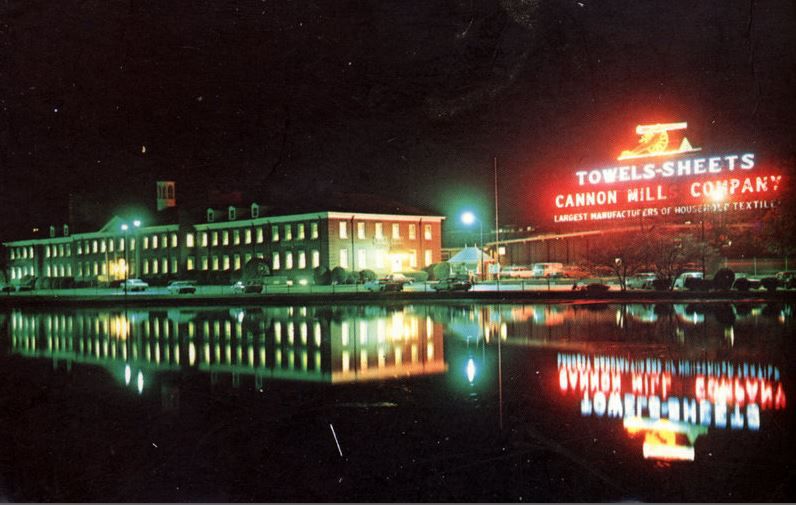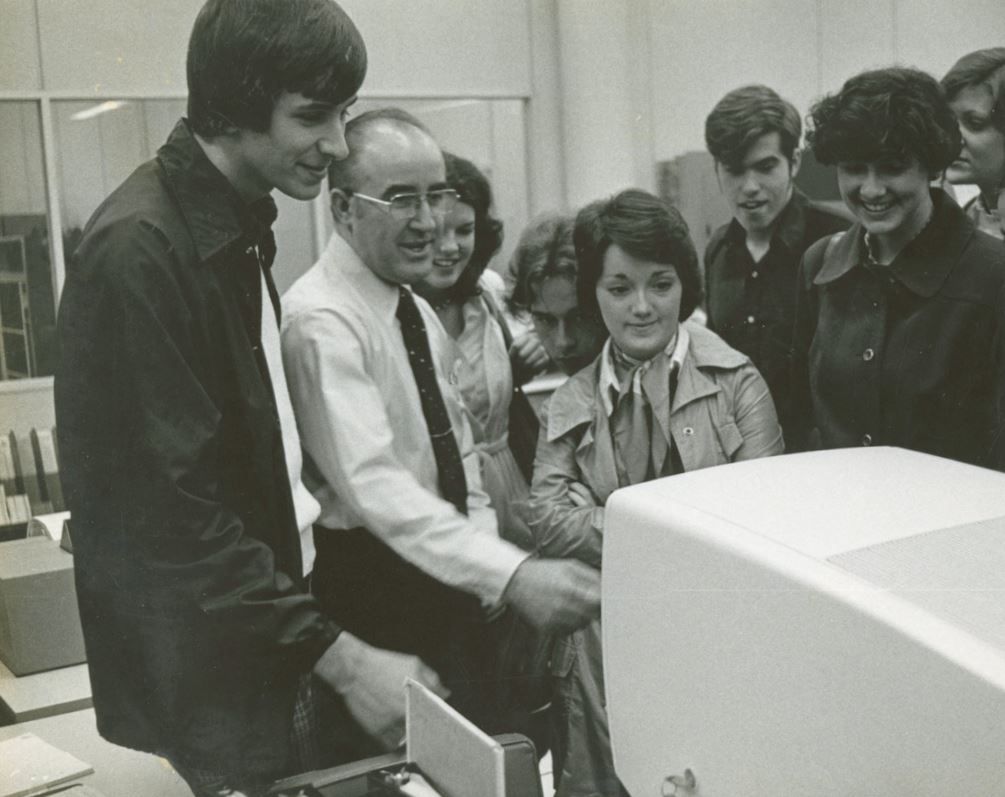CHARLOTTE, N.C. — Work at a place 43 years and you're bound to remember a lot, even if you are nearing the century mark.
Norris Dearmon, 98, was employed at one company his entire working life. He started in high school before rising through the ranks into leadership.
“I introduced Cannon Mills to the computer, and that was in the middle 1950s,” Dearmon says.
Cannon Mills was a textile manufacturing company built in the 1880s and was once the nation's largest towel producer.

In its heyday, the Kannapolis company was estimated to have nearly 30,000 employees.
But as time went on Cannon Mills suffered layoffs, and in 2003 it closed.
When the company shut down, 4,300 people lost their jobs. It was the largest one-day layoff ever at the time in North Carolina.
Buddy Amerson used to work at Cannon Mills and says he was surprised many workers stayed in town after the company shut down.
“A lot of friends of mine went to work in the health care industry...a lot of the maintenance folks opened up small businesses. They just found ways to stay involved in using the skills that they had,” Amerson says.

Downtown Kannapolis also went through a number of changes.
David Murdock, the former owner of Cannon Mills, invested hundreds of millions of dollars to replace the deserted factory buildings with the 350-acre North Carolina research campus. Researchers from eight universities focus on a range of areas there, including nutrition.
Next to the research campus, downtown Kannapolis also got new life. Restaurants, a park, soon to open apartments, and the new home of the Kannapolis Cannon Ballers have turned the once ghost town into a destination point.
While 40% of the state's jobs used to be in textile and apparel manufacturing, it's since tumbled to less than 1%.
Some plants stayed, but were more automated, and some jobs went overseas.
“The local government can't afford to provide the services it's always provided so the swimming pools get closed or the libraries moved to reduced hours,” says UNC Chapel-Hill economics professor Patrick Conway.
But Conway says it's a bit of a tale of two cities.
While many communities struggled with the job losses, others, typically those in more suburban areas, carried on. One example is Kannapolis, which has been revitalized.
Dearmon may be well into retirement, but he knows Cannon Mills isn't left for the history books quite yet.
“Those that still have towels and sheets that were made there that they are still using...you can't beat their product,” Dearmon says.
There's not a better spokesperson, even if the company no longer exists.



